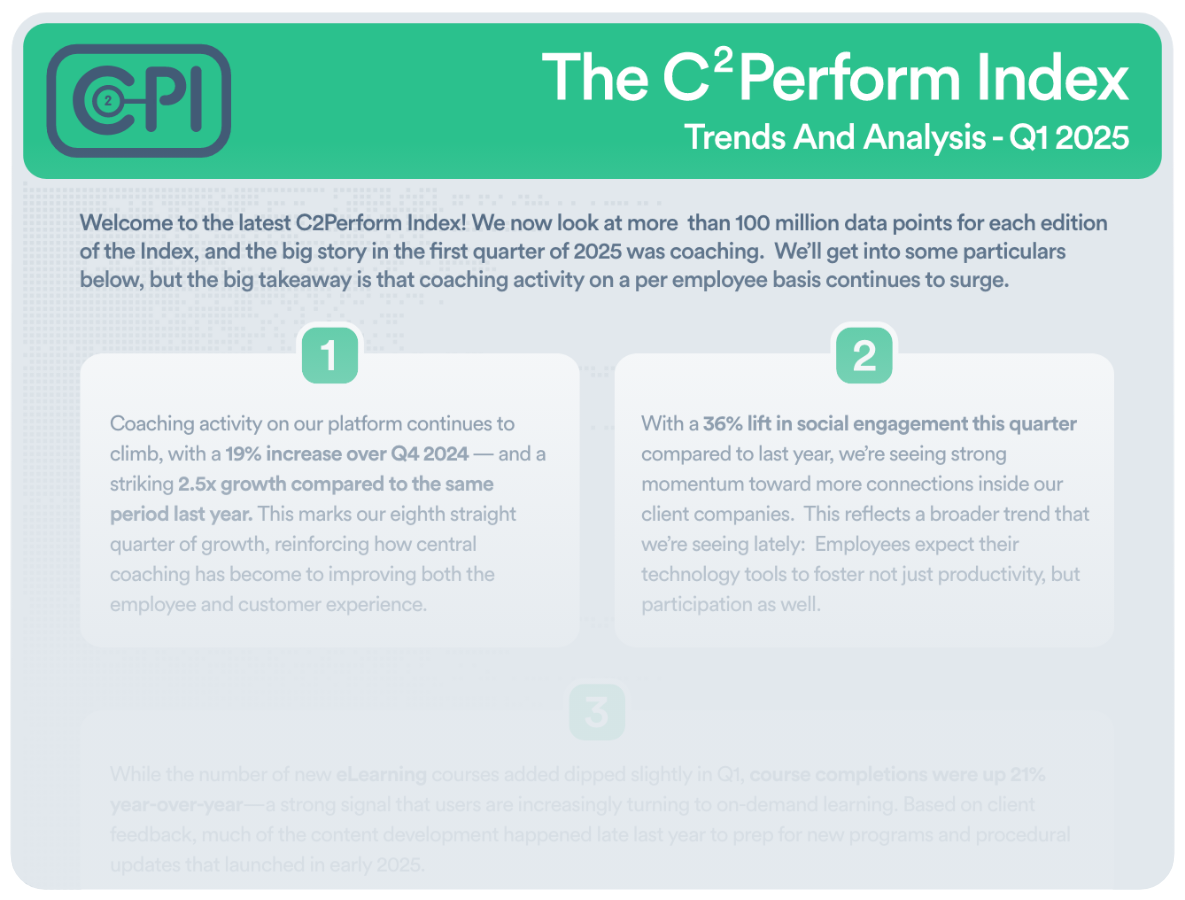What Are Soft Skills?
The term “soft skills” typically refers to skills that are indispensable when it comes to human interactions. They are typically non-technical and are largely relational. In other words, they have to do with how you relate to others and yourself. Soft skills include:
- Interpersonal skills
- Communication skills
- Time-management
- Personal responsibility
- Emotional intelligence/awareness
- Creative problem solving skills
- Teamwork
- Conflict resolution or de-escalation
Because these skills are vital to customer service positions and for those who are customer or client facing, practicing these skills, especially when working with others who can model or demonstrate those skills. Regardless of how you choose to develop those skills in employees, they’re essential to providing positive customer experiences.
How Soft Skills Impact Your Customer Experience
If you’re wondering how you can improve the customer experience, one of the first places you should look is to the frontline of people working in customer service or sales who interact directly with your customers or clients either in person or via the phone. These interactions are what set the stage, hopefully, for future interactions and really shape your customer’s overall experience.
Because so much of your business relies on these individuals, teaching them soft skills is directly tied to your business growth and success. For example, 42% of customers call companies to either complain or change services. Imagine if their complaints fell on a customer service representative without stellar soft skills including the ability to listen, empathize, de-escalate, or resolve the problem?
It’s no secret that bad customer service can damage your business in both the short and long term. In fact, an estimated $4.7 trillion is lost in revenue, globally, due to poor customer service. That’s more than the GDP of all but two countries in the world! However, customer experience is more than customer service.
Customer experience encompasses the entire experience an individual has when interacting with your business, through all stages of the customer journey or funnel. As a result, soft skills become vital because they also encompass the ability to greet, listen, interact, and be attentive when needed. Even if a customer is not requesting or complaining about a service, their overall experience should still be positive.
How to Improve Customer Experience with Soft Skill Training
Given the importance of customer experience, ensuring that your staff is trained to provide stellar service is essential. More specifically, businesses that provided soft skills training, specifically related to communication, problem-solving, decision making, and more were able to see a significant return on their training investment. In fact, some businesses saw a nearly 250% return.
The first place to start is identifying where individual gaps are. Not every individual in your business is going to possess the same strengths and weaknesses when it comes to soft skills. Having a learning management system that enables you to tailor your program and create tracks to facilitate employee development and growth is essential.
Once you’ve identified the gaps, you’ll want to work with members of your team to identify their specific growth goals so they, and you, can monitor their progress, overcome challenges, and continue to grow in a way that benefits both you and the company.
The key component will be finding a system that allows you to:
- Identify gaps through testing and observation and create a feedback loop to improve future learning activities.
- Support any learning environment - eLearning, instructor-led, in-person, hybrid or remote
- Identify the most urgent training needs for your employees
- Provide comprehensive training with:
- Relevant and thorough content
- Quizzing/testing/feedback opportunities
- Varied learning modules that support different learning styles
- Tracking and monitoring capabilities
- Develop and design training tracks for employee segments
- Build a knowledge base that acts as a reference for all employees looking to learn or polish skills
- Easily see actionable insights on training success and gaps.
The learning management system you select should be a tool and an asset to support your training goals and the goals of both your organization and employees.
Staff learning is essential and should be part of your business growth plan. Investing in your employees is one of the best ways to ensure employee retention and customer satisfaction. If you’re ready to see how C2Perform’s can meet all your training needs, book a demo today.
 English
English Español
Español









